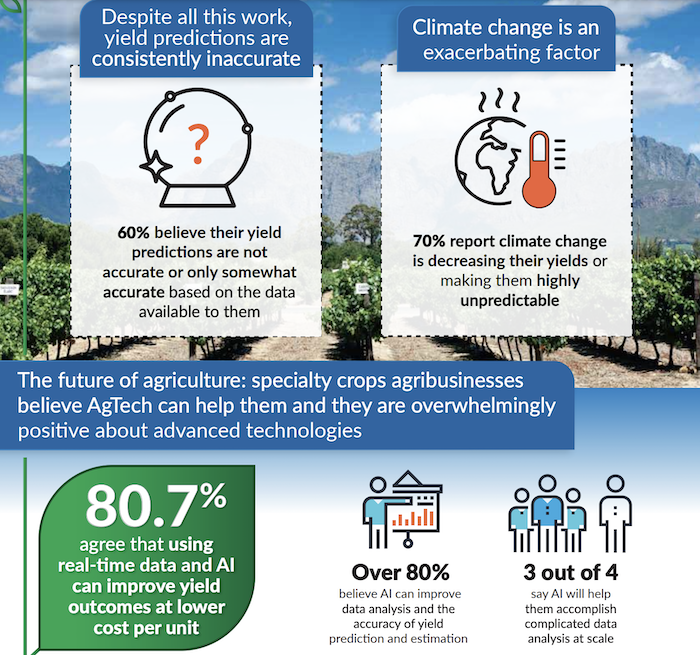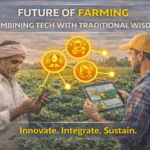Imagine knowing exactly how much your crops will yield before the harvest. Sounds like a dream, right?
With real-time yield prediction apps, this dream is now a reality for many farmers. But, as with any new technology, you might find yourself wondering: Are these apps really reliable? Can they truly predict the future of your farm’s success?
We’ll dive into the world of real-time yield prediction apps, exploring their potential and limitations. You’ll discover whether these digital tools can be trusted to guide your farming decisions. Stay with us as we unravel the truth behind the promises and explore if these apps can be your next secret weapon in agriculture.
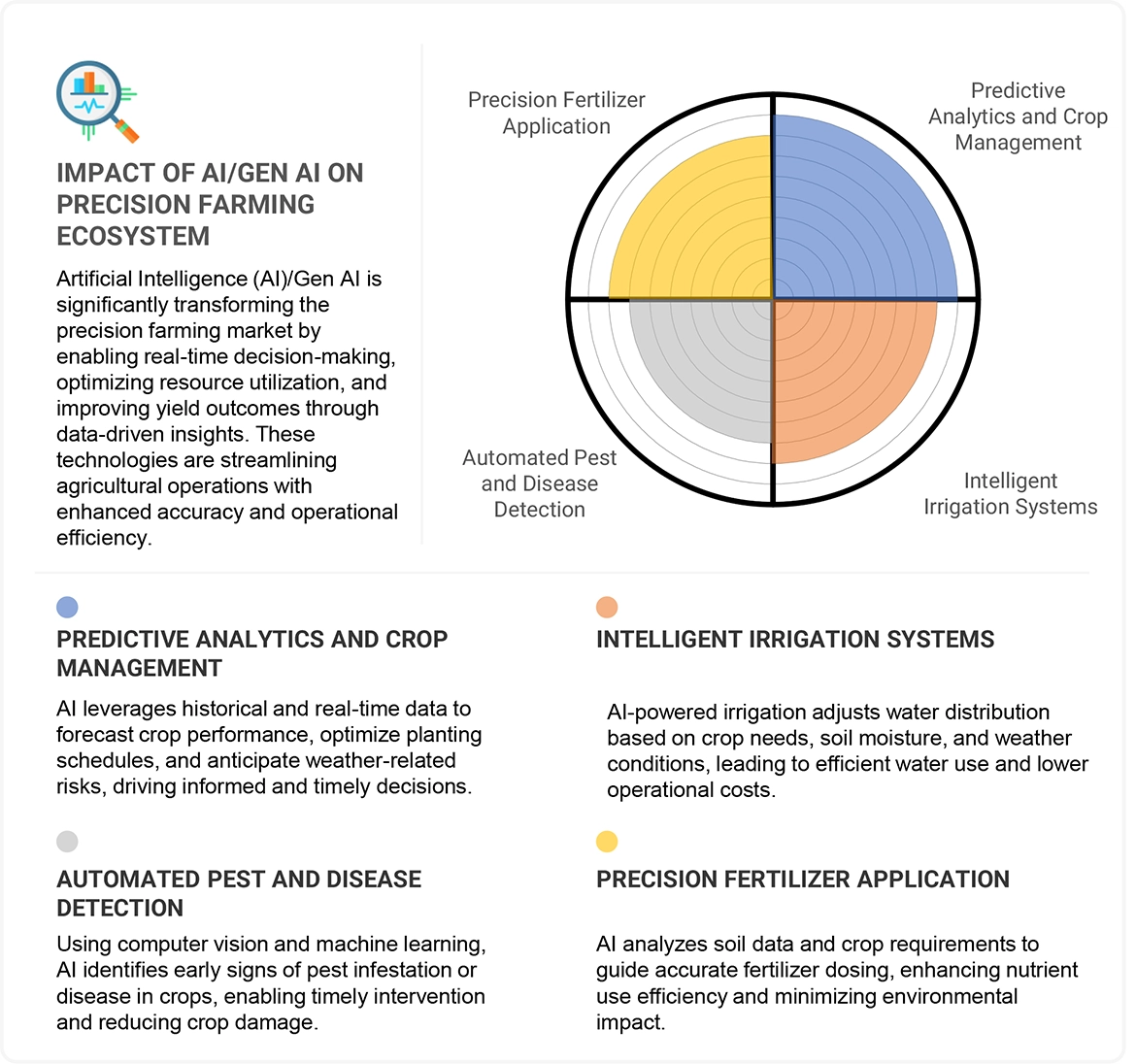
Technology Behind Yield Prediction
Imagine standing in a field, smartphone in hand, predicting the yield of your crops with just a few taps. This is the promise of real-time yield prediction apps, but how do they work? The technology behind yield prediction is complex yet fascinating, merging data science with agriculture to offer farmers unprecedented insights. Understanding this technology can help you decide if these apps are a reliable tool for your farming needs.
Data Collection Mechanisms
Yield prediction apps rely heavily on data collection. They gather information from various sources like satellite imagery, weather forecasts, and soil sensors. You might already use some of these tools without realizing their potential in yield prediction.
The apps analyze this data to identify patterns that affect crop growth. Have you ever considered how a slight change in rainfall can impact your harvest? With these apps, you can visualize such changes in real-time.
Machine Learning Algorithms
Machine learning is a cornerstone of yield prediction technology. It processes the collected data to create predictive models. These algorithms learn from past trends and adjust their predictions as new data comes in.
Think about how Netflix recommends shows based on your viewing habits. Yield prediction apps work similarly, learning from your farm’s data to offer tailored insights. Would you trust an app that ‘learns’ your farm’s unique conditions?
Integration With Iot Devices
Internet of Things (IoT) devices play a significant role in yield prediction. Smart sensors placed in fields send real-time data to the apps. This seamless integration allows for more accurate predictions.
Have you ever used IoT devices in your daily life, like smart thermostats? The same concept applies here. These devices provide constant updates on environmental conditions, giving you a clearer picture of your farm’s health.
User-friendly Interfaces
Yield prediction apps are designed to be user-friendly. They present complex data in simple, understandable formats. Even if you’re not tech-savvy, you can easily navigate these apps and extract valuable insights.
Do you remember the first time you used a smartphone app? The intuitive design made it easy to learn. Yield prediction apps aim to offer the same ease of use, empowering you to make informed decisions with minimal effort.
So, are real-time yield prediction apps reliable? By understanding the technology behind them, you can decide if these tools are worth integrating into your farming practices. Consider the data, machine learning, IoT integration, and user interface—each plays a crucial role in the reliability of these apps. What’s your take?
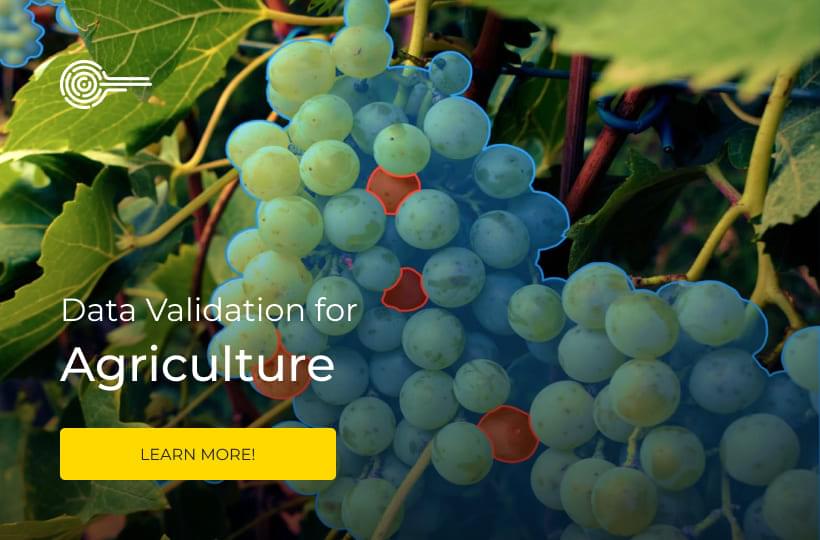
Factors Impacting Accuracy
Real-time yield prediction apps offer great potential for farmers. They can provide insights for better crop management. But how accurate are these apps? Many factors can affect their accuracy. Understanding these factors is crucial.
Data Quality And Availability
Data quality plays a vital role. Accurate data ensures reliable predictions. Data sources include satellites and weather stations. Poor data leads to unreliable results.
Weather Variability
Weather impacts crop growth significantly. Sudden changes can disrupt predictions. Real-time apps must adapt to these changes. Accurate weather forecasts are essential.
Soil Conditions
Soil health affects crop yield predictions. Different soils need different management. Apps must account for soil type and nutrients. Regular soil testing improves prediction accuracy.
Technology And Algorithms
The technology behind the apps matters. Advanced algorithms analyze complex data. They identify patterns and predict outcomes. Robust technology enhances accuracy.
Human Input And Expertise
Human expertise complements app predictions. Farmers’ knowledge guides effective use. Combining technology with human insight boosts reliability. Apps should support farmer decision-making.
Crop Type And Variety
Different crops have unique needs. Yield predictions vary by crop type. Apps must adjust for these differences. Accurate predictions depend on crop-specific data.
Future Of Yield Prediction Apps
Real-time yield prediction apps offer promising insights for farmers. These apps analyze data quickly to provide forecasts. Reliability depends on data quality and technology used.
The future of yield prediction apps is incredibly promising, with technology advancing at a rapid pace. As these apps continue to evolve, they promise to transform how farmers understand and manage their crops. But how reliable are these tools, and what can you expect from them in the coming years?The Role Of Artificial Intelligence In Yield Prediction
Artificial Intelligence (AI) is at the heart of modern yield prediction apps. AI algorithms analyze vast amounts of data to provide accurate predictions. These algorithms learn and improve with each season, offering increasingly precise forecasts.Integration With Iot Devices
Internet of Things (IoT) devices are becoming essential in agriculture. These gadgets, like soil sensors and weather stations, provide real-time data. Yield prediction apps use this data to offer more tailored insights.Improved User Experience
User experience is crucial for the adoption of any technology. Developers focus on making apps more intuitive and user-friendly. This ensures even those with limited tech skills can benefit from yield prediction apps.Data Security And Privacy Concerns
With more data being collected, security and privacy become paramount. Yield prediction apps must protect user data while providing valuable insights. How confident are you in the security of your data?Cost-effectiveness For Farmers
The cost of technology can be a barrier for many farmers. Future yield prediction apps aim to be more affordable. This ensures that more farmers can access and benefit from these tools.Collaborations With Agricultural Experts
Collaboration with experts can enhance the reliability of yield predictions. Apps often work with agronomists and other specialists to refine their algorithms. This partnership ensures the advice you get is grounded in real-world expertise.Potential Challenges Ahead
Despite their potential, yield prediction apps face challenges. These include data accuracy, integration issues, and user trust. How will developers address these challenges to improve reliability? The future of yield prediction apps is exciting, with endless possibilities. As these tools become more sophisticated, they could be a farmer’s best ally. Are you ready to embrace the future of agriculture technology?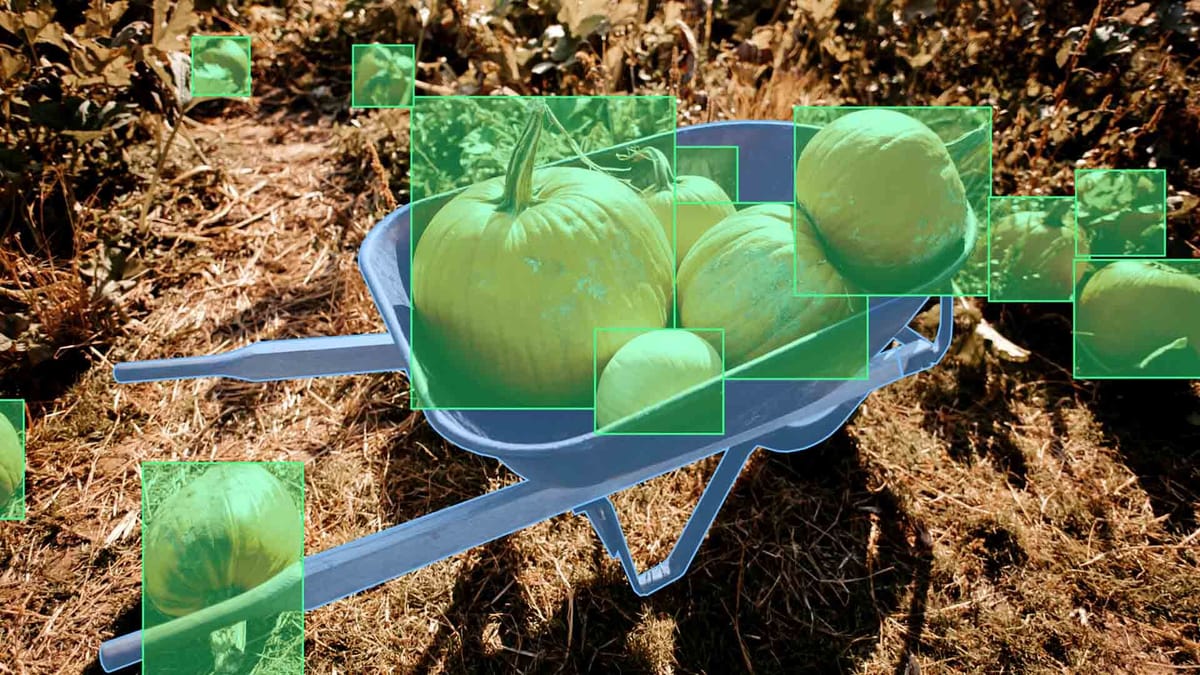
Conclusion
Real-time yield prediction apps offer valuable insights for farmers. They provide quick data analysis and help make informed decisions. Yet, accuracy can vary based on data quality and technology used. Farmers should verify app predictions with field observations. Combining app data with traditional methods ensures better results.
As technology advances, these apps will likely improve. Until then, cautious use is wise. Apps are tools, not replacements for expertise. Understanding their strengths and limits helps maximize benefits. Stay informed and adapt to changes in technology.

